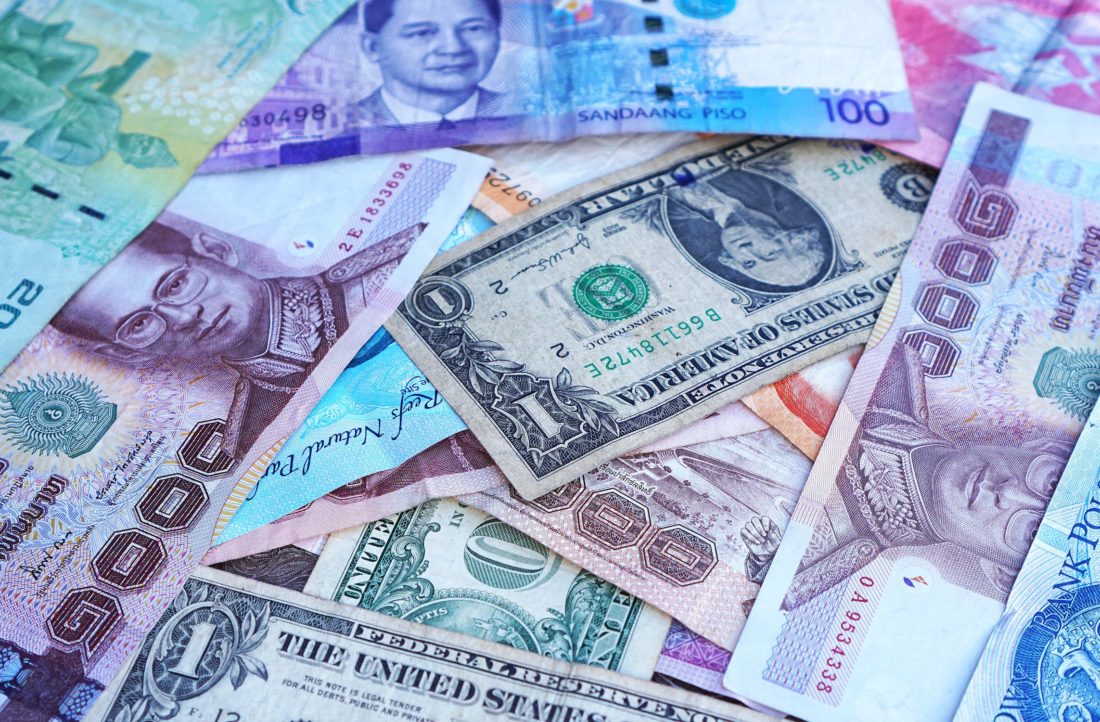
Whenever you move money across international borders you incur charges. One of the larger costs related to these transactions is the cost of currency conversion. This article aims to sensitize you to the multitude of factors which affect exchange rates and provides tips on how you can minimize your currency conversion costs during money transfers.
-
Monitor the exchange rates
The conversion rate between the two currencies of your host and home countries, say USD and GBP, varies constantly. There can be multiple variations of greater than two percent within the course of a single day. It serves you well to convert money only when you can maximize output. If you send money online frequently, chances are that you watch the exchange rate like a hawk. Alternatively you can use one of numerous free online services to setup exchange rate alerts for the currencies you transact. To avoid getting spammed every day you can setup alerts for only when the rates meet your specified criteria.
-
Find the best deal
It is a well known fact that small International Money Transfer (IMT) service providers can be consistently cheaper (up to 5% in cases) and significantly faster than big high street banks. However, like exchange rates, IMT fees vary. It is advisable to compare your available options before each transfer. Note that even with the same service transfer fees often change substantially for money flowing in the opposite direction. A comparison only takes a few minutes of research on your part and can save you considerable sums over time.
Additionally, comparing single features such as fees or exchange rates in isolation is inadequate. You will find it simpler and more effective instead to enquire about the throughput – the net amount your recipient will get – and see how that varies across providers. The throughput incorporates all factors including rates, fees and hidden charges. It is needless to say that whatever transfer method you choose must be legal and guarantee the safety of your money.
-
Automate your transfers
Many (but not all) banks and IMTs do one better than exchange rate alerts; they allow you to establish standing instructions to trigger automated transactions whenever the exchange rate crosses your chosen threshold. Setting up automated transfers can save you a lot of time while ensuring high conversion efficiency.
-
Optimize the transfer size
Banks and IMTs charge commission/fees according to the amounts you transfer. Obviously your transfer amounts largely depend upon your needs. Some services are cheaper if you transfer small amounts frequently, such as monthly remittances to support family. Others are more economical for larger one shot transfers, such as payments for purchasing assets or real estate. Compare the available remittance options before sending money.
-
Sharpen your currency portfolio
Many remittance services first convert your currency (CAD/AUD/NZD/SGD/EUR/GBP and others) to USD and then again to your home currency. Two conversion steps cost more than one. To avoid the extra cost you should hold your money in the currency which incurs you the least overall transfer charges. If your bank allows wire transfer remittances without currency conversion you may enjoy a 100% throughput! Many European banks let even small savings accounts hold multiple currencies (USD, EUR, GBP and a few others) simultaneously. Account holders have the option to convert currencies at any time at the prevailing (bank) rate using internet banking. This is ideal for someone like a US expat living in Europe. Check with your bank if they would let you hold your preferred currencies in your account as an expat.
-
Track your transfers
There are many reasons to record your money transfers. Having records makes it easier to refer back if needed, and to file tax returns later. Records document the terms of transfer, the exchange rate, and other details that safeguard you against unexpected hiccups. Keep a documented log of your transfers and save any receipts you get at both the sending and receiving ends.
-
Stay up to date
It pays to be aware of important events occurring in your home and host countries as these affect currency exchange rates. One case in point is Brexit. Financial markets worldwide will respond to the 29 March, 2019 Brexit full implementation deadline. You can subscribe to one of many free financial newsletters or customize your online newsfeed to avoid spam and stay updated.